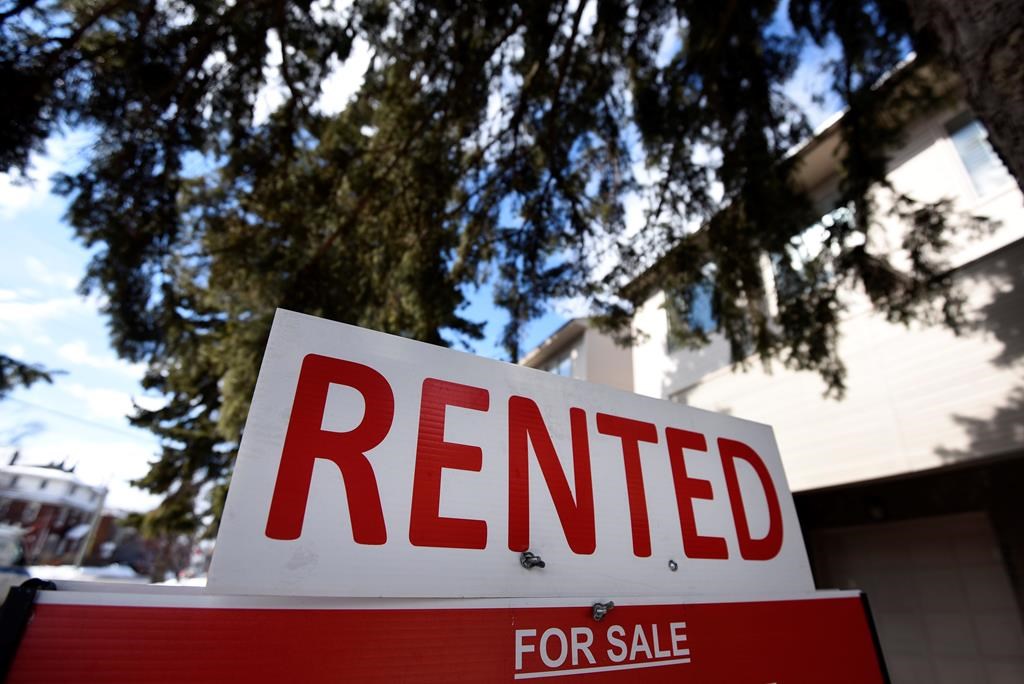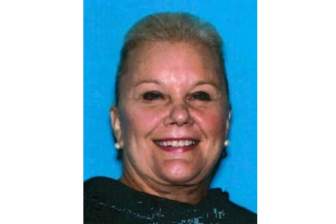Housing, homelessness and poverty are issues numerous B.C. communities are struggling to deal with, and Indigenous populations are often the hardest hit, advocates say.

“We know the market rents have gone through the roof. We know that children or families that have a good income, they’re struggling to make ends meet and so we’re seeing an increased tension and it’s only playing itself out in the most vulnerable communities,” Margaret Pfoh of the Aboriginal Housing Management Association said during a Thursday meeting aimed at focusing attention on the issue.
While the cost of living is becoming harder to manage, Indigenous community members said they face another barrier to accessing housing in a competitive market: racism.

“The first question we ask ourselves before going into any store, before applying for housing: Are they going to accept my application as soon as they see I’m Indigenous,” Carol Ann Marquardt told the group gathered in Kelowna.
According to the 2016 census, there are more than 270,000 self-identified Indigenous people living in B.C., more than three-quarters of whom live off reserve.

Get breaking National news
For these populations specifically, there are not enough supports, advocates say.
“Food, shelter, safety. Our people are not safe. Our people … are not housed. Our colonial society has destroyed what our people were,” Jim Ketch of the Ki-Low-Na Friendship Society said.
Kelowna Mayor Colin Basran was also at the event and said he is aware the cost of living in the tight housing market in the Okanagan is having a direct impact on many who live there.

“People who work in our cities can’t afford to live in them. They can’t buy homes, families are living in spaces far too small for their needs because that’s all they can afford,” Basran said.
“Students are living in vans or on couches or wherever they can feel even remotely safe. And we know too many people are experiencing homelessness.”
The Ki-Low-Na Friendship Society currently operates i spa-us ki-low-na Heart of Kelowna, an 86-unit affordable housing project at the Central Green site. It is also in the process of developing additional affordable housing in the Black Mountain neighbourhood of Kelowna.
This is subsidized housing and is funded under the Building BC: Indigenous Housing Fund. The housing is designated for individuals and families who are of Indigenous ancestry.









Comments